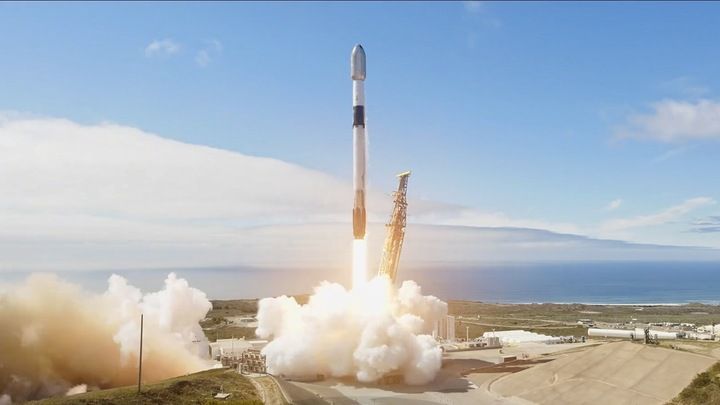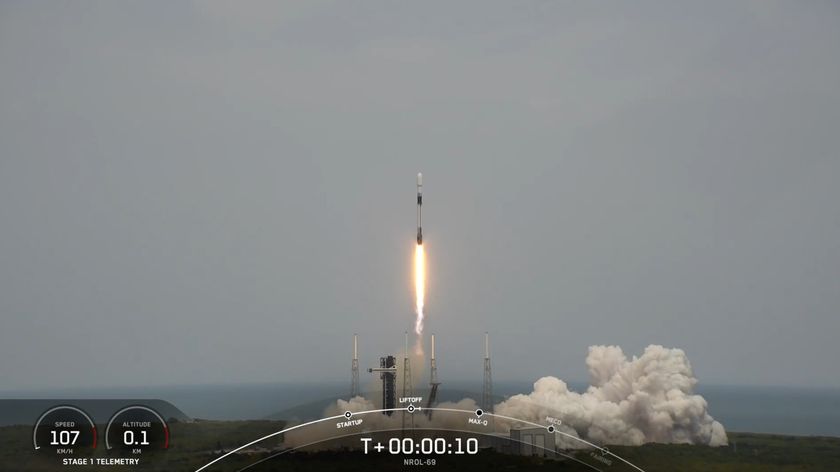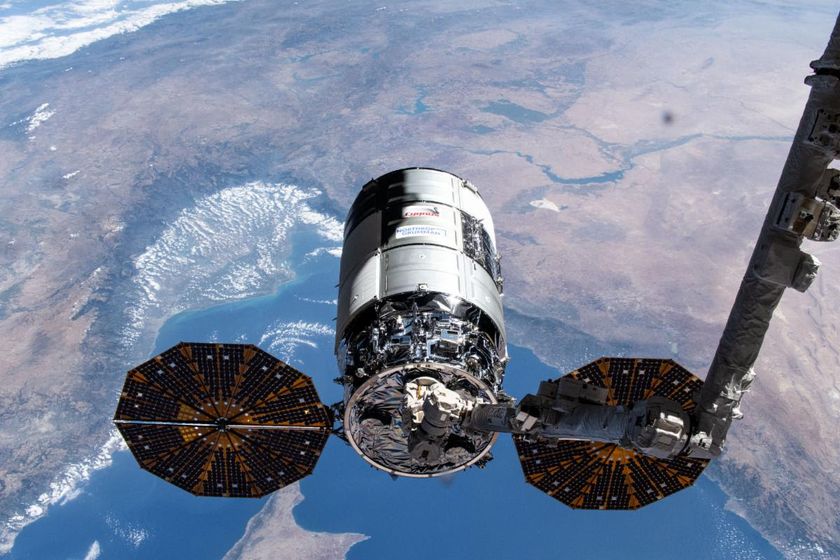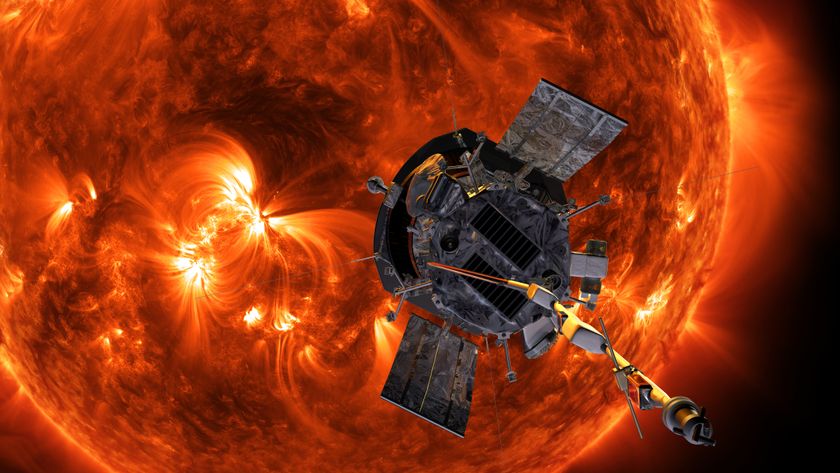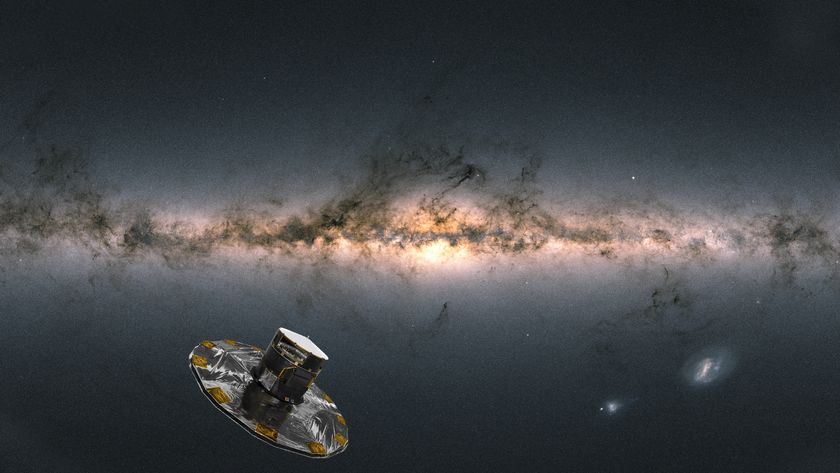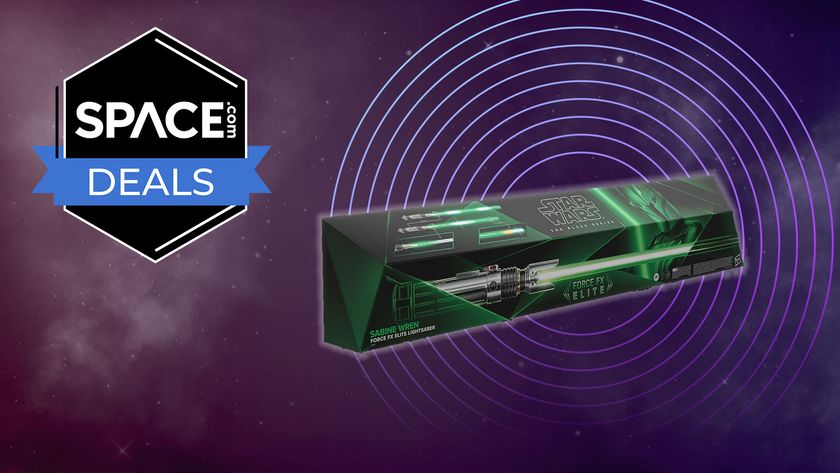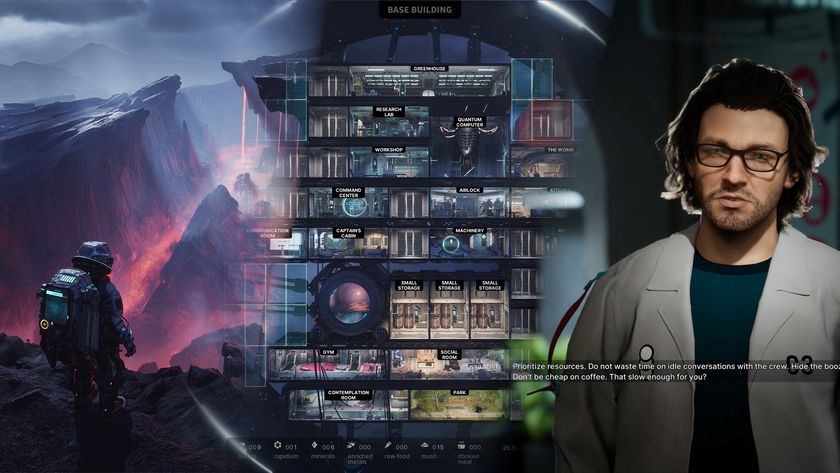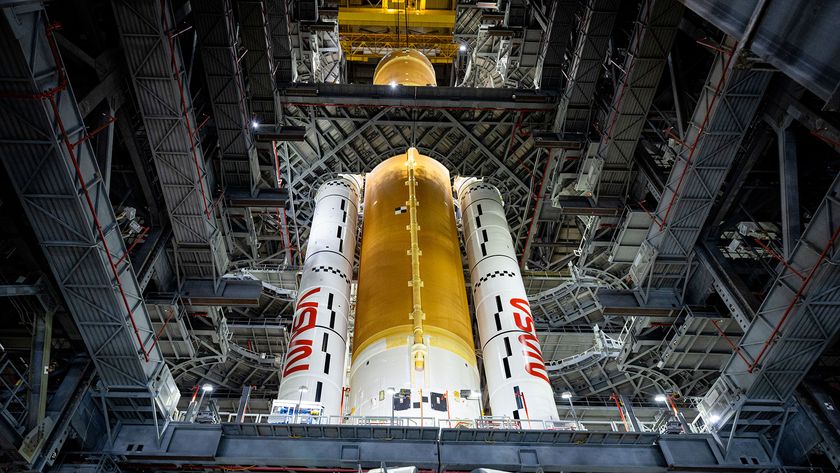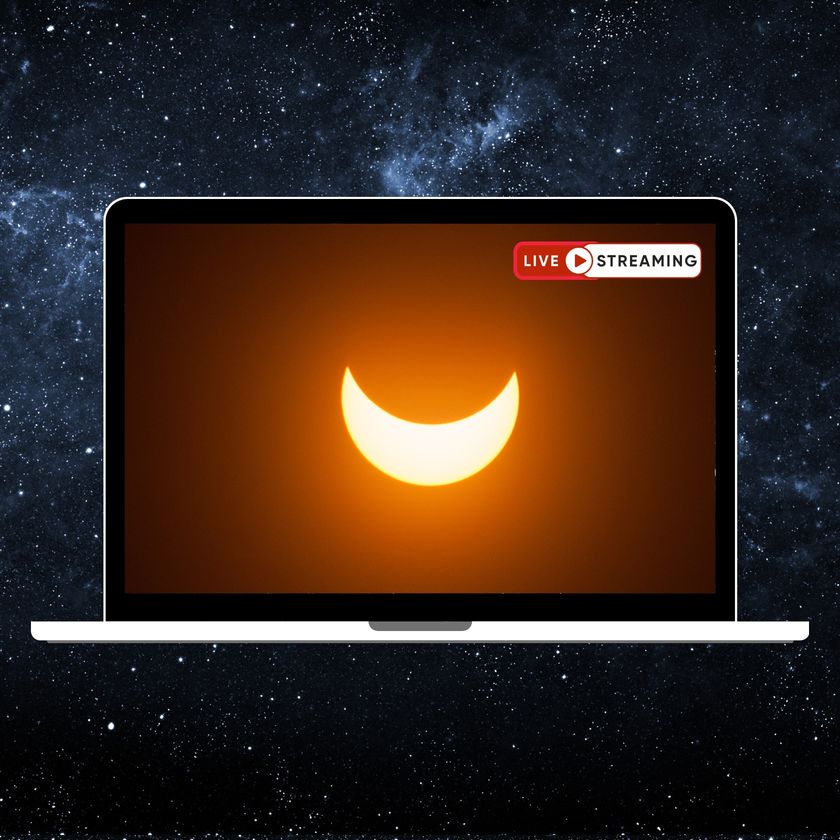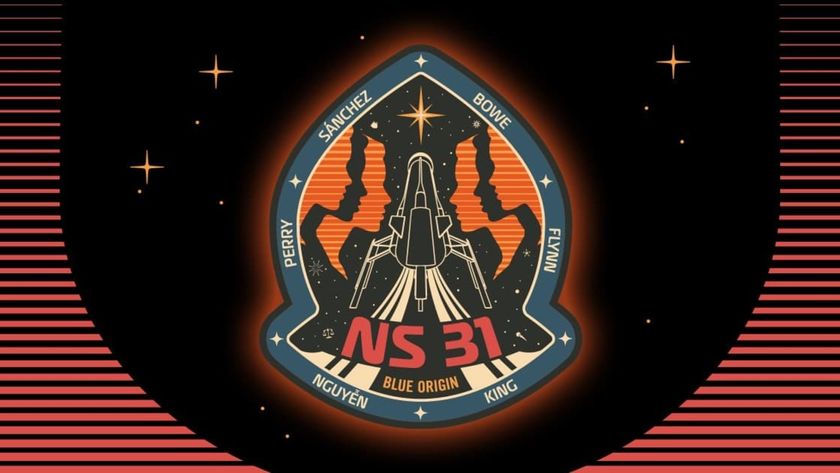Mars Rover Opportunity to Have Memory Wiped
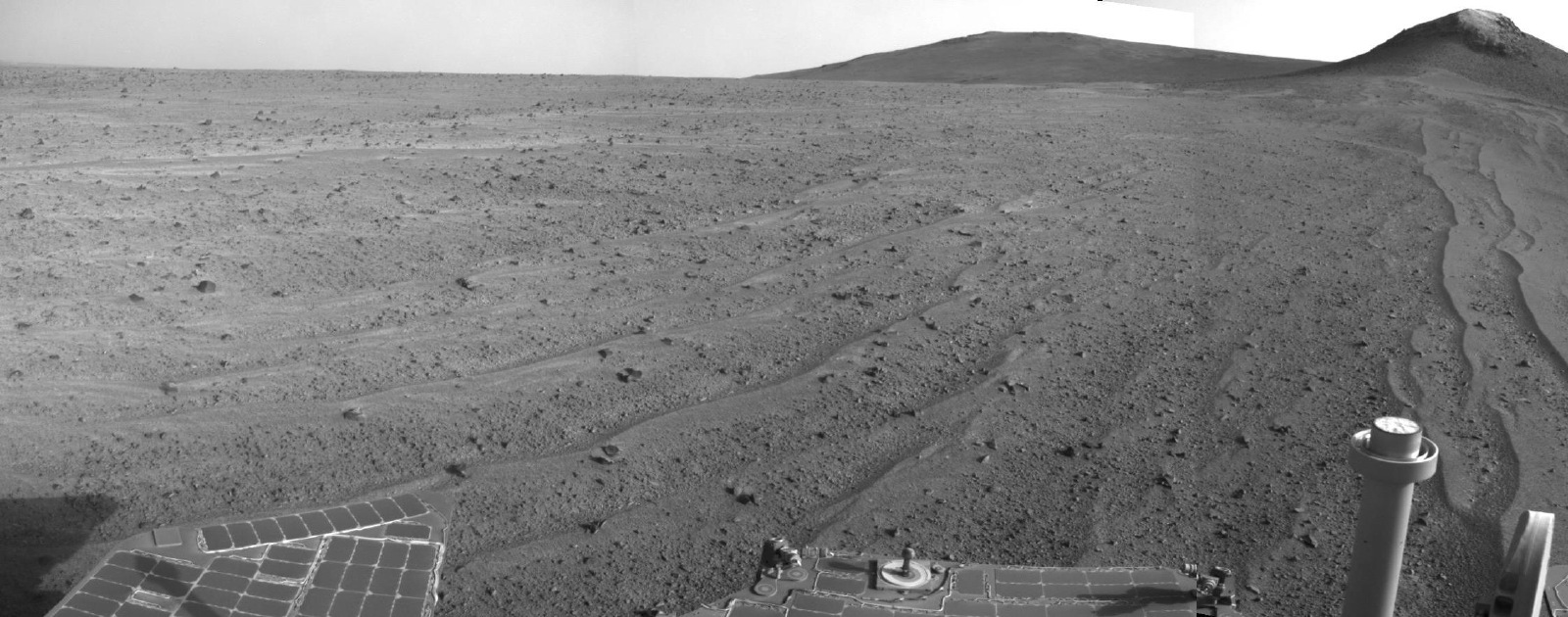
Like any computer on Earth, long-duration space robots' memories sometimes need to be reformatted. This is certainly the case for NASA's veteran Mars Exploration Rover Opportunity that has had more than its fair share of computer glitches recently.
So the time has come, according to mission managers at NASA's Jet Propulsion Laboratory, in Pasadena, Calif. — the little robot needs a memory wipe.
NEWS: Opportunity: The Amazing Self-Cleaning Mars Rover
The decision to reformat Opportunity's flash memory early next month is prompted by the multiple computer resets the rover has been experiencing. This month alone, Opportunity has had to be rebooted a dozen times, interrupting valuable time that should be taken up with carrying out science near the rim of Endeavour crater. [Opportunity Rover's Amazing Mars Photos ]
"Worn-out cells in the flash memory are the leading suspect in causing these resets," said JPL's John Callas, project manager for NASA's Mars Exploration Rover Project. "The flash reformatting is a low-risk process, as critical sequences and flight software are stored elsewhere in other non-volatile memory on the rover."
NEWS: Opportunity Breaks NASA’s 40-Year Roving Record
Flash memory allows data to be stored from Opportunity's surface operations even when the rover is in a powered-down down state. Not so dissimilar to the memory that stores photos inside your cellpone or important documents in a memory stick, even flash drives become worn down after continuous use.
Get the Space.com Newsletter
Breaking space news, the latest updates on rocket launches, skywatching events and more!
Reformatting Opportunity's flash drive will identify corrupt or damaged cells, flagging them to avoid being used by the rover's computers, hopefully preventing the unexpected resets that are plaguing the mission.
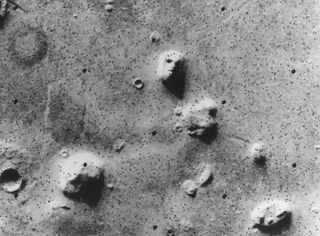
NEWS: Mars Rover Opportunity Switches Itself to Safe Mode
Over a decade after landing on the Red Planet in 2004, this will be the first memory reformat for Opportunity , one that NASA engineers are confident will be trouble free.
Before the reformat can begin, Opportunity's handlers will download all available data from Opportunity's flash drive and switch it into a mode that does not use flash memory, then the reformat can commence.
This article was provided by Discovery News.
Join our Space Forums to keep talking space on the latest missions, night sky and more! And if you have a news tip, correction or comment, let us know at: community@space.com.
Ian O'Neill is a media relations specialist at NASA's Jet Propulsion Laboratory (JPL) in Southern California. Prior to joining JPL, he served as editor for the Astronomical Society of the Pacific‘s Mercury magazine and Mercury Online and contributed articles to a number of other publications, including Space.com, Space.com, Live Science, HISTORY.com, Scientific American. Ian holds a Ph.D in solar physics and a master's degree in planetary and space physics.
